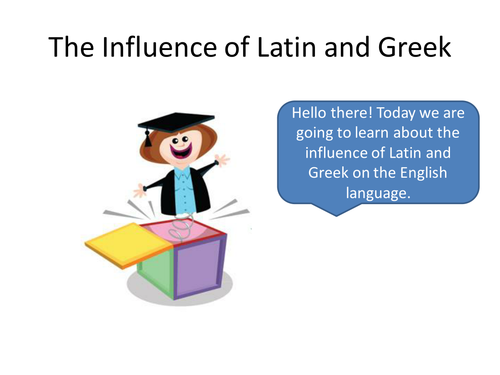Mrs Shaw's Shop
High-quality, value for money teaching resources covering English language and literature; literacy; history; media and Spanish. With twenty-seven years' teaching experience I know what works in the classroom. Engaging, thorough and fun, your students will love these lessons.














